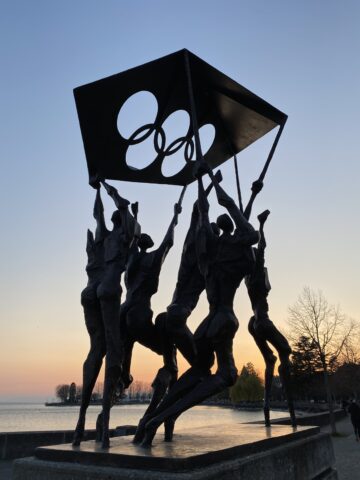Questions of standing to be sued and alleged violation of procedural public policy
SFT 4A_548/2019 & 4A_550/2019
Judgment of April 29, 2020,
A, B, C v. CAF, Appeal against the CAS Award
CAS 2019/A/6348 & 2019/A/6351
This dispute arose between a national football federation, two players (Appellants) and the African Football Confederation (CAF, Respondent) over the African Cup of Nations U17 (CAN U17), an African football tournament organized at the continental level for players under 17, whose first and second teams qualify for the FIFA U-17 World Cup.
The team that finished second, as revealed following a subsequent investigation, included two players not eligible to play because of their age. Following CAF disciplinary decisions that cancelled the disputed match and issued disciplinary sanctions against the team, the third-place team was then ranked as second and thus qualified for the FIFA U17 World Cup in 2019. The decision was confirmed by the CAS in appeal.
In particular, the CAS held that the Appellants should have directed their appeals not only against the Confederation but also against the federation that was qualified in their place. In the subsequent motion to set aside the CAS Award, the SFT considered the admissibility question of legal interest worthy of protection on behalf of the appellants, to the extent that the tournaments had already taken place. The SFT avoided dealing with the question insofar as it eventually dismissed the appeals on the merits.

This is an interesting case showing the conundrum of procedural requirements in disciplinary proceedings involving sports federations. While – normally– a party seeking the annulment of a disciplinary decision of a sports federation will only call the latter as a party (as the only party having “standing to be sued”), the situation is different when the decision affects the rights of a third party. In these cases, the appeal should also imperatively be directed against this third party as co-respondent alongside the sports federation from which the decision emanates, so that the arbitral tribunal can ensure that its right to be heard is respected.
The Appellant attacked the panel’s finding on the “consorité passive necessaire” from the angle of procedural public policy, to the extent that such principle was not based on any applicable procedural rules. The SFT dismissed the plea since, even if the Panel’s decision were to be considered contradictory, it could still not qualify as violating procedural public policy under Article 190 (2) (e) PILA.





